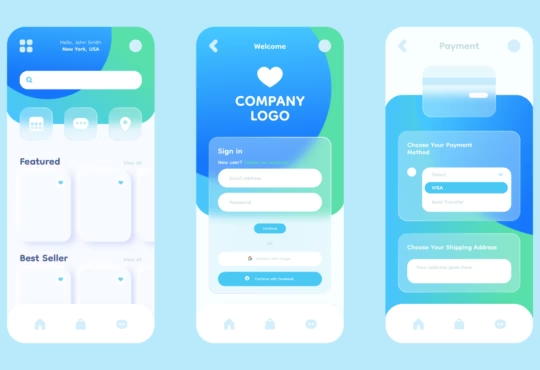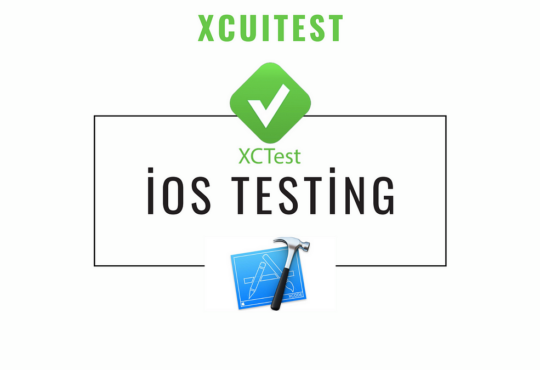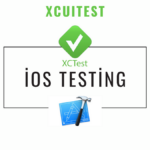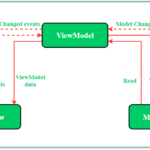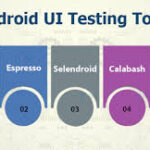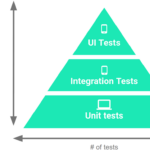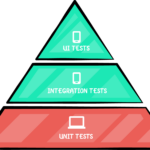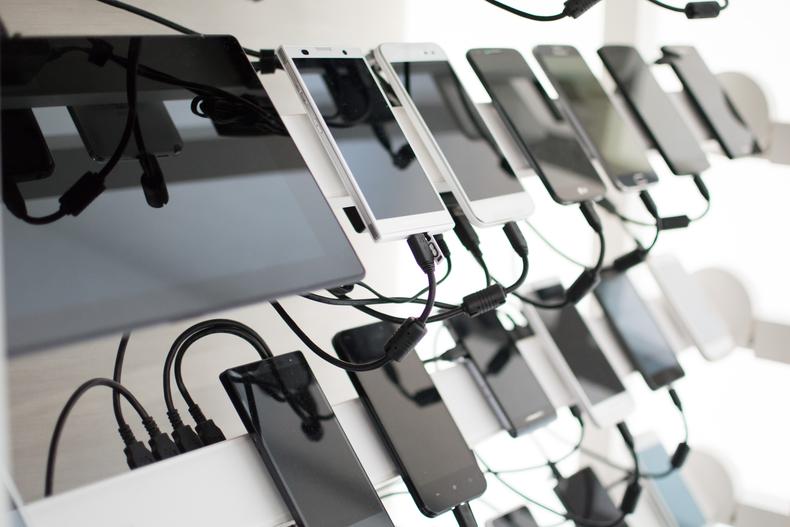
Top Device Farms to Test Mobile Applications

Device farms are essential tools for simulating the testing process of iOS and Android applications across multiple device platforms. By leveraging some of the best device farms for testing, you can significantly reduce labor costs and time required, thus achieving greater test coverage and streamlining your DevOps mobile pipeline.
In recent times, the range of mobile devices has expanded considerably. Devices now come with different features, operating systems, screen sizes, and more. Therefore, it’s crucial to ensure your applications work flawlessly on every possible device a user might employ.
With the plethora of new versions of Android and iOS devices, manual testing can quickly become expensive and labor-intensive. This has led to the development of platforms that allow simulated manual testing on a broad range of devices, all in one place.
Table of Contents
- What are device farms?
- Benefits of mobile app testing on device farms
- Best mobile device farms for testing
- RobotQA
- AWS Device Farm
- Sauce Labs
- Firebase Test Lab
- Samsung Remote Test Lab
- Xamarin Test Cloud
- Kobiton
- Conclusion
What are Device Farms?
When the device fleet began to grow, Nokia initiated a project to make testers’ lives easier by allowing them to run applications on rented devices remotely. However, this approach couldn’t scale to the extent of today’s mobile variations.
The OS itself now provides tools to simulate user actions on applications, enabling testers to write scripts that can be executed on developer-mode mobile phones. These scripts mimic user actions on devices.
DevOps tools have been developed to automatically build and run these scripts on thousands of mobile devices in remote cloud labs. A fleet of such devices with different variations is called a device farm.
Benefits of Mobile App Testing on Device Farms
Testing mobile applications on multiple devices at scale can be expensive and time-consuming. Device farms offer a solution by providing access to thousands of devices with different configurations. Here are some key benefits:
- Access to a wide variety of devices with different OS platforms, screen orientations, display sizes, memory, networks, etc.
- Reduced maintenance and infrastructure costs.
- Parallel testing capabilities, saving significant time.
- Secure, cloud-based environments accessible from anywhere.
- Detailed reports in the form of graphs, video recordings, screenshots, etc.
- Easier bug detection and fixing.
- Integration with CI/CD pipelines, enhancing collaboration.
Best Mobile Device Farms for Testing
Device farms use various scripts to simulate actions such as gestures, button presses, and touches. The main difference lies in the subsystems used to execute these scripts. Popular subsystems include Espresso, Appium, Calabash, UI Automator, Robotium, XCTest, etc. Here, we discuss a mix of free and professional device farms and test labs.
RobotQA
RobotQA is a cloud-based, no-code or appium based test automation platform that allows parallel automated or manual tests on real devices hosted in the cloud. It supports managing test cases, eliminating the need for infrastructure setup.
Features:
- Zero learning curve with simple English scripting.
- Automated mobile app test scenarios on 100+ iOS and Android devices.
- Parallel automated testing for quick results.
- Manual testing on real device.
- Easy creation of detailed test cases for UI/UX testing.
- Reports with video recordings and screenshots.
- Screen capture sharing, CI/CD integration, and more.
- Remote debugging.
AWS Device Farm
AWS Device Farm is a widely used mobile device farm that enables concurrent testing on multiple devices, speeding up test suite execution and generating extensive logs and videos for debugging.
Features:
- Large variety of devices with customizable memory, CPU usage, location, carriers, etc.
- Videos and logs for quick bug reproduction.
- Fine-tune real-world environments with customizable settings.
- CI/CD integration with plugins and APIs.
- Private device labs to avoid long waiting queues.
- Supports Appium, Espresso, Robotium, UIAutomation, XCTest.
Sauce Labs
Sauce Labs facilitates live and automated mobile app testing on public and private device clouds, using reliable Android emulators and iOS simulators optimized for CI/CD pipelines.
Features:
- Beta, live, automated, and API testing with real device tests.
- Unlimited screenshots and videos.
- Single-use VMs, secure local tunneling, REST API access, debugging tools.
- Supports Appium, Espresso, XCUITest.
Firebase Test Lab
Developed by Google, Firebase Test Lab is designed primarily for Android application testing but also supports iOS. It uses real production devices in Google data centers.
Features:
- Integrated with Android Studio, Firebase console, and gCloud CLI.
- CI pipeline integration.
- Supports Espresso, Robotium, UI Automator 2.0, Robo tools.
- Spark plan (free) with 15 daily test runs, Blaze plan based on test run time.
Samsung Remote Test Lab
Samsung Remote Test Lab offers a device farm with all flagship Samsung smartphone devices and access to innovations before market release. It also supports Tizen-based devices like Galaxy smartwatches.
Features:
- Over 30 smartphone and tablet models.
- Manual recording of test events.
- Remote debugging.
- Free to use, limited to Samsung devices.
Xamarin Test Cloud
Part of Microsoft’s Visual Studio App Center, Xamarin Test Cloud allows testing on over 2500 mobile devices. Upload applications and tests using Visual Studio for automated test runs.
Features:
- Supports Appium, Calabash, Espresso, Xamarin.UITest.
- Detailed test reports with notifications to registered users.
Kobiton
Kobiton provides access to hundreds of real devices in the cloud, mimicking actual device performance. It supports both manual and automated tests with detailed logs and metrics.
Features:
- Detailed test logs with screenshots, videos, memory, and battery performance.
- Parallel test execution.
- CI/CD pipeline integration.
- ADB debugging.
- VPN from private Kobiton cloud for security.
- Supports Appium, Espresso, Selenium, XCUI, etc.
Conclusion
In this article, we reviewed some of the best device farms for testing iOS and Android mobile applications. Cloud-based device farms offer immense benefits, particularly at scale, by alleviating the challenges of multi-device UI/UX testing, saving time, and reducing labor costs.
For single developers, free solutions like Firebase Test Lab and Samsung Remote Test Lab are ideal. For apps targeting a large audience, thorough testing on various device configurations using platforms like AWS Device Farm and Kobiton is recommended. For a hassle-free and automated solution, Testsigma is an excellent choice.
Stay tuned for more insights!

